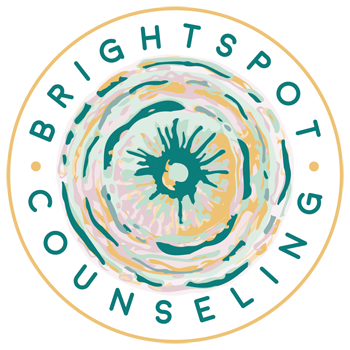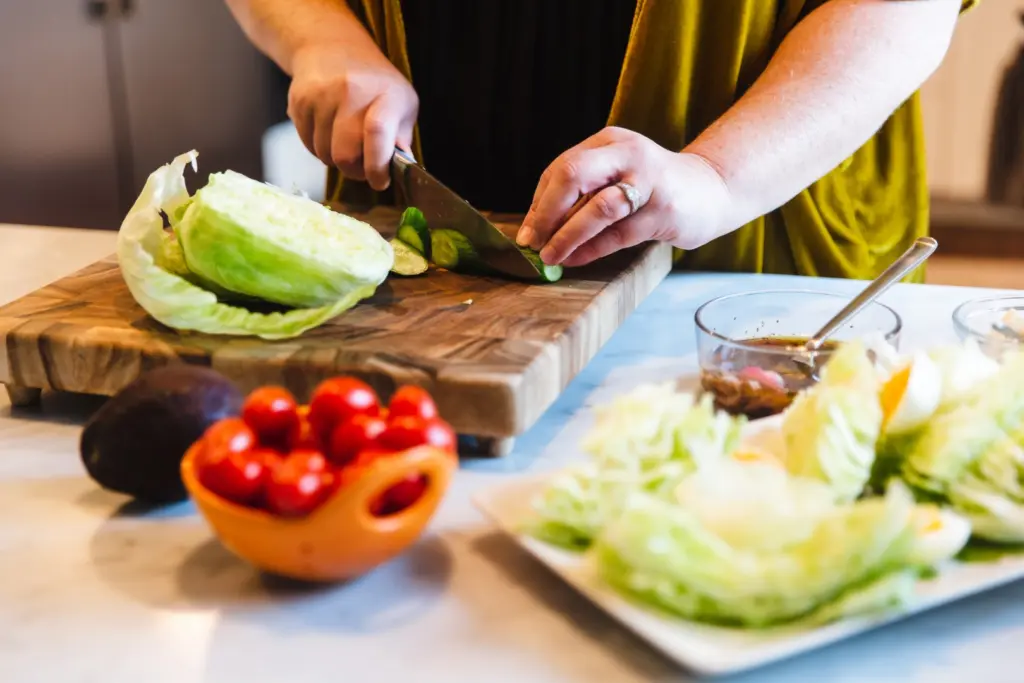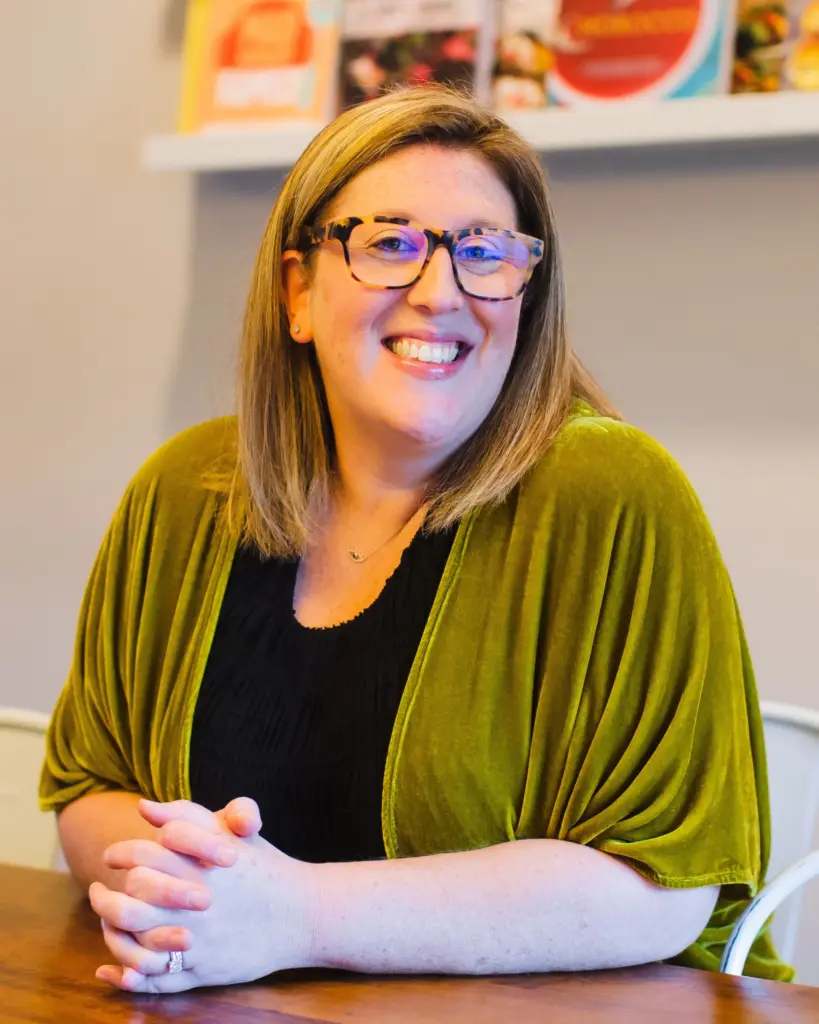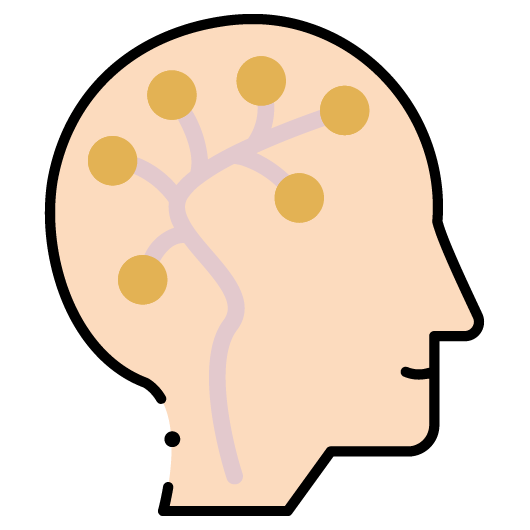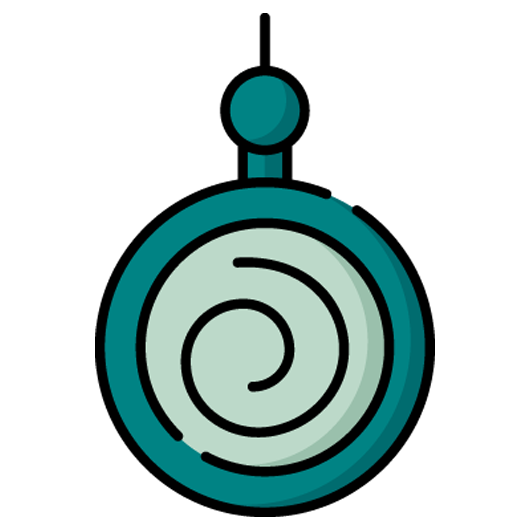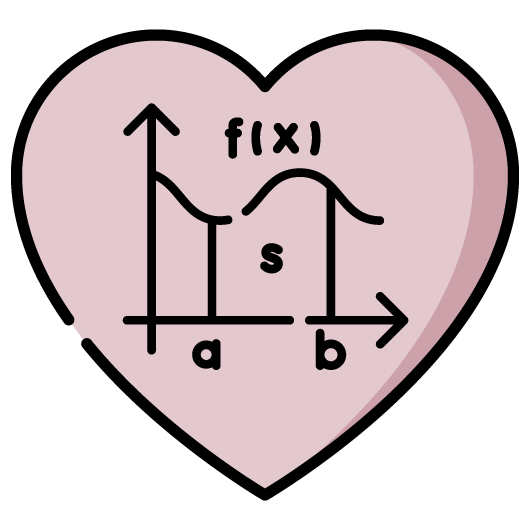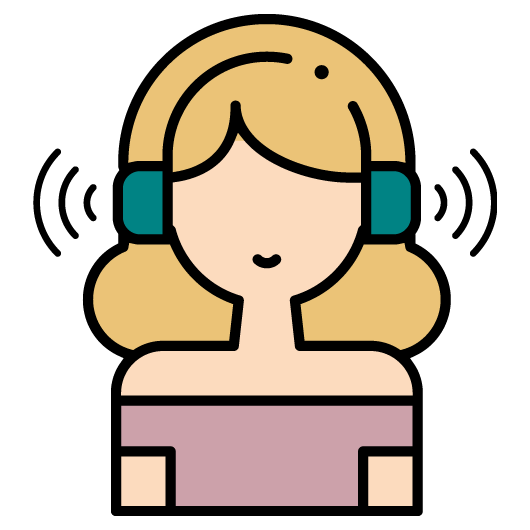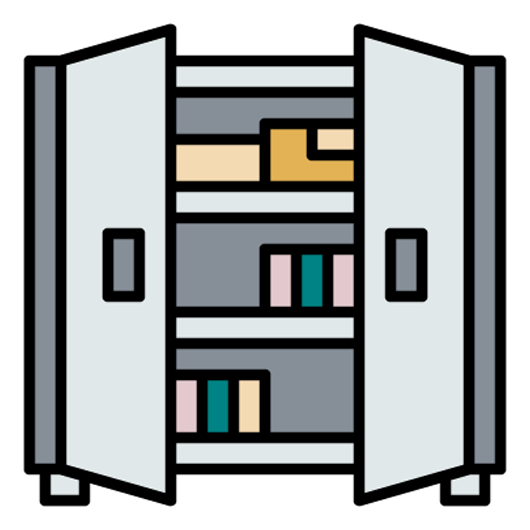What is Culinary Art Therapy? How Cooking Can Reduce Depression, Anxiety, and Stress.
One of the most successful, science-backed therapeutic interventions that clinicians use today is called BA or ‘behavioral activation.’ Like many other clinical interventions, the foundation of culinary art therapy is rooted in behavioral activation. BA interventions are used to treat many underlying conditions such as depression and anxiety.
Research from the University of Michigan tells us that anxiety and depression come from parts of our brain that are trying to protect us by getting us to avoid or isolate ourselves. This means that as long as we are following the lead of the anxiety and depression, we will continue to feel less motivated and want to avoid and isolate.
Instead of remaining isolated, if we can stimulate changes to our brain, we can make ourselves feel better right away! The best kind of instant gratification! A common example that most people are familiar with is exercise. Physical movement produces endorphins in the brain that lift mood while they are in the bloodstream. This is why so often you hear people saying go for a walk or a run to feel better.
Cooking works much the same way. Not only is cooking a physical activity that can perhaps get endorphins going, it breaks the avoid and isolate cycle in the brain. Once you begin the process of cooking, behavioral activation has begun. And the best part? The mood-boosting process often concludes with a warm chocolate cake or a tasty chicken dinner. Can you relate to the rewarding feelings that come with serving your family or loved ones a delicious dessert or meal? This sense of accomplishment is exactly what can lead to lower anxiety.
If you’ve ever pulled a fragrant tray of fudgy brownies out of the oven, you’ve experienced a twinge of why cooking is so effective at lowering stress and anxiety.
Through hands-on culinary experiences, clients develop a deeper awareness of health and nutrition, but also a deeper sense of their own emotions and struggles. All of this awareness will lead to an overall healthier lifestyle. The practice of culinary art therapy helps to improve communication skills, fostering open and effective dialogue for both personal and professional relationships. The therapeutic interventions used with CAT can assist clients in practicing skills for stress management, time management, and boosting self-esteem. Additionally, engaging the senses helps support brain development as well as emotional well-being.
Often CAT sessions can take place in your own kitchen, but they can also be implemented in the office within a talk therapy session. Practicing chopping, mixing, kneading dough with the guidance of a therapist can help you gain skills in a variety of different areas such as:
- Gaining insight into one’s behavior
- Mindfulness
- Learning about social skills/cues
- Increased awareness about health and nutrition
- Improved communication skills
- Stress management
- Time management
- Increased self-esteem
Using CAT to increase mindfulness, reduce stress or anxiety or to help teach you quick, everyday skills to help support you through times of struggle that can lead to a happier, healthier life. Contact our office at (248) 296-3104 to learn more or to book a session online.
